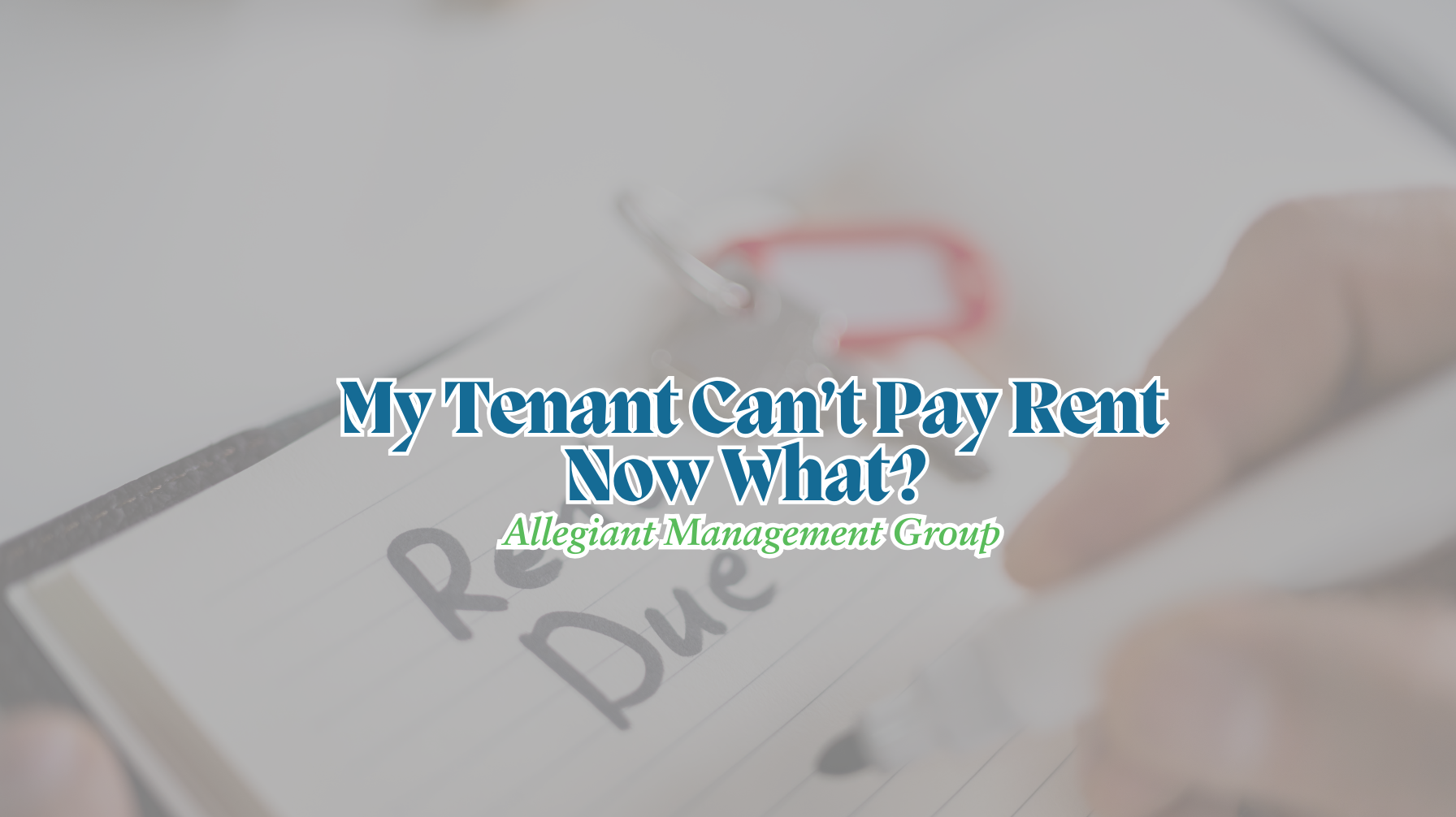Blog Updated: 05/25/2025
My Tenant Is Not Paying Rent, Now What?: How to Deal With Tenants Not Paying Rent
When a tenant is unable to make rent payments, it can create a challenging situation for landlords. In the U.S., more than 5.7 million households are behind on rent.
For Florida landlords, navigating late rent payments can be complex with state laws and regulations. The state and local regulations are important to follow to stay compliant.
This guide will help you know what to do if your tenant cannot pay rent on time. It will additionally offer advice to tenants struggling with rent payments. You will also find a sample tenant late payment catch up agreement Florida document.
Understanding Florida Landlord-Tenant Laws
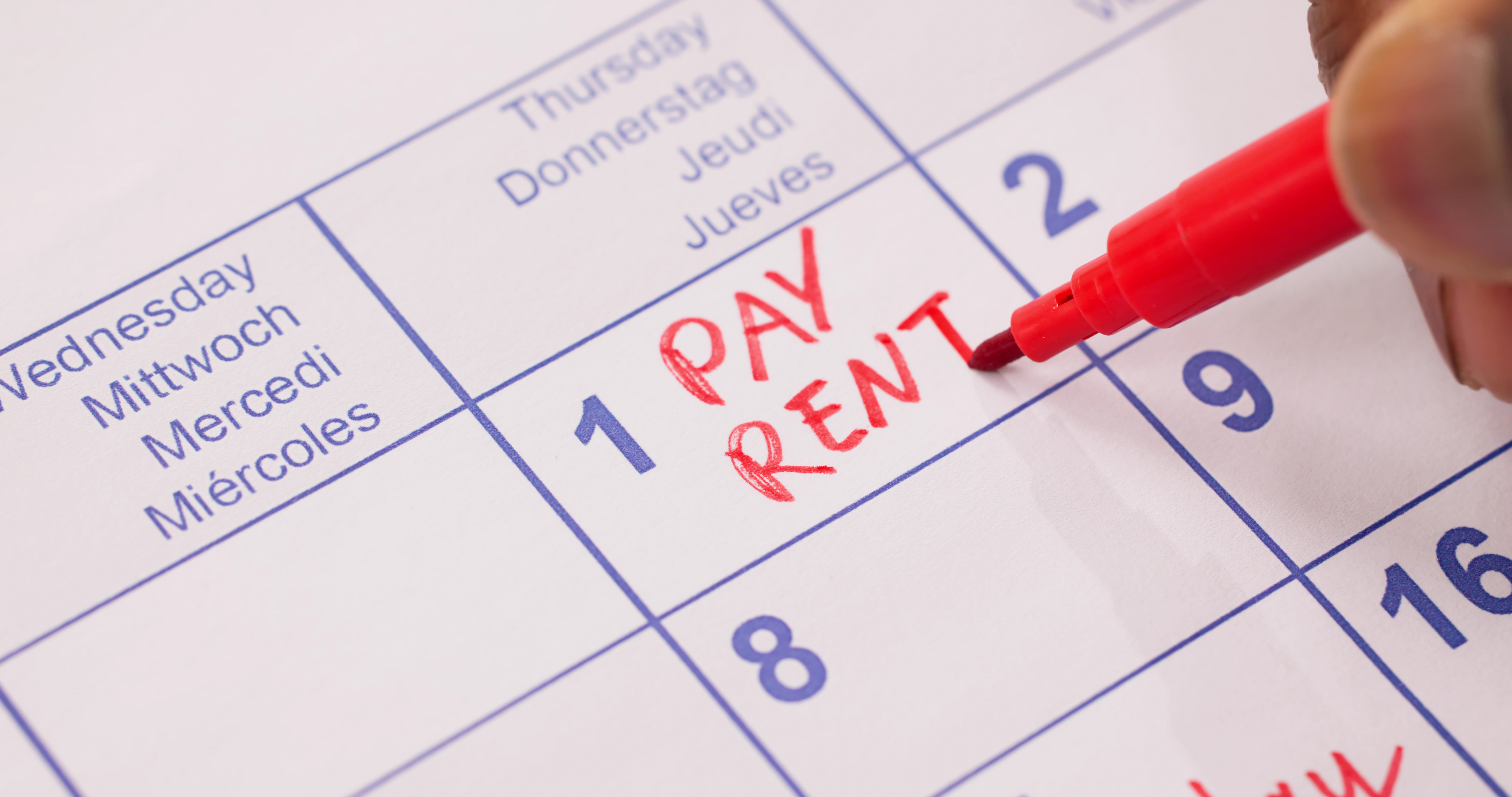
In Florida, specific landlord-tenant laws exist to protect both parties in a rental agreement. Knowing these regulations can help you handle a late rent situation legally and efficiently.
Florida Rent Grace Period
Florida law does not require a rent grace period unless specified in the rental agreement. If your lease agreement does not provide one, then rent is due on the date specified in the contract.
This means landlords can act right away and start the eviction process if the tenant does not pay rent on time. This helps protect their financial interest in the property.
3-Day Notice Period Requirement
If a tenant fails to pay rent, Florida landlords are legally obligated to issue a 3-day notice. This allows the tenant three days to pay or vacate once the landlord posts the rent notice.
If the tenant does not respond, landlords can proceed with eviction. The 3 days required by the notice does not include weekends or holidays.
Steps to Take When a Tenant Can’t Pay Rent
Here is an outline of what to do if tenant stops paying rent:
1. Open Communication
When tenants face financial difficulties and unable to pay on time, encourage open communication. If they say, "we can’t pay rent this month," find out why they stopped paying rent.
Short-term financial difficulties, such as medical expenses, may resolve quickly. Understanding their position can help you negotiate a solution.
2. Consider a Payment Plan
If the tenant’s financial situation is temporary, a payment plan can help them catch up on rent. You can spread out payments over 30 days or a few months.
We should formalize this in writing, using clear terms to ensure mutual agreement. Example of tenant late payment catch up agreement Florida.
3. Tenant Payment Assistance Programs
Guide tenants to local and state resources. These include the Florida Housing Finance Corporation (FHFC) and the Emergency Rental Assistance Program (ERAP).
They may also benefit from housing counseling provided by HUD to manage rent payments and other debts.
4. Use the Security Deposit
If allowed by the lease, landlords can use a security deposit to cover unpaid rent. However, the landlord requires written notification, and the tenant will need to replenish this deposit later.
5. Offer Short-Term Solutions
Letting a tenant pay part of their rent or delaying late fees for a month can help them. This gives them time to fix their situation and avoid more problems with monthly rent payments that could effect cash flow.
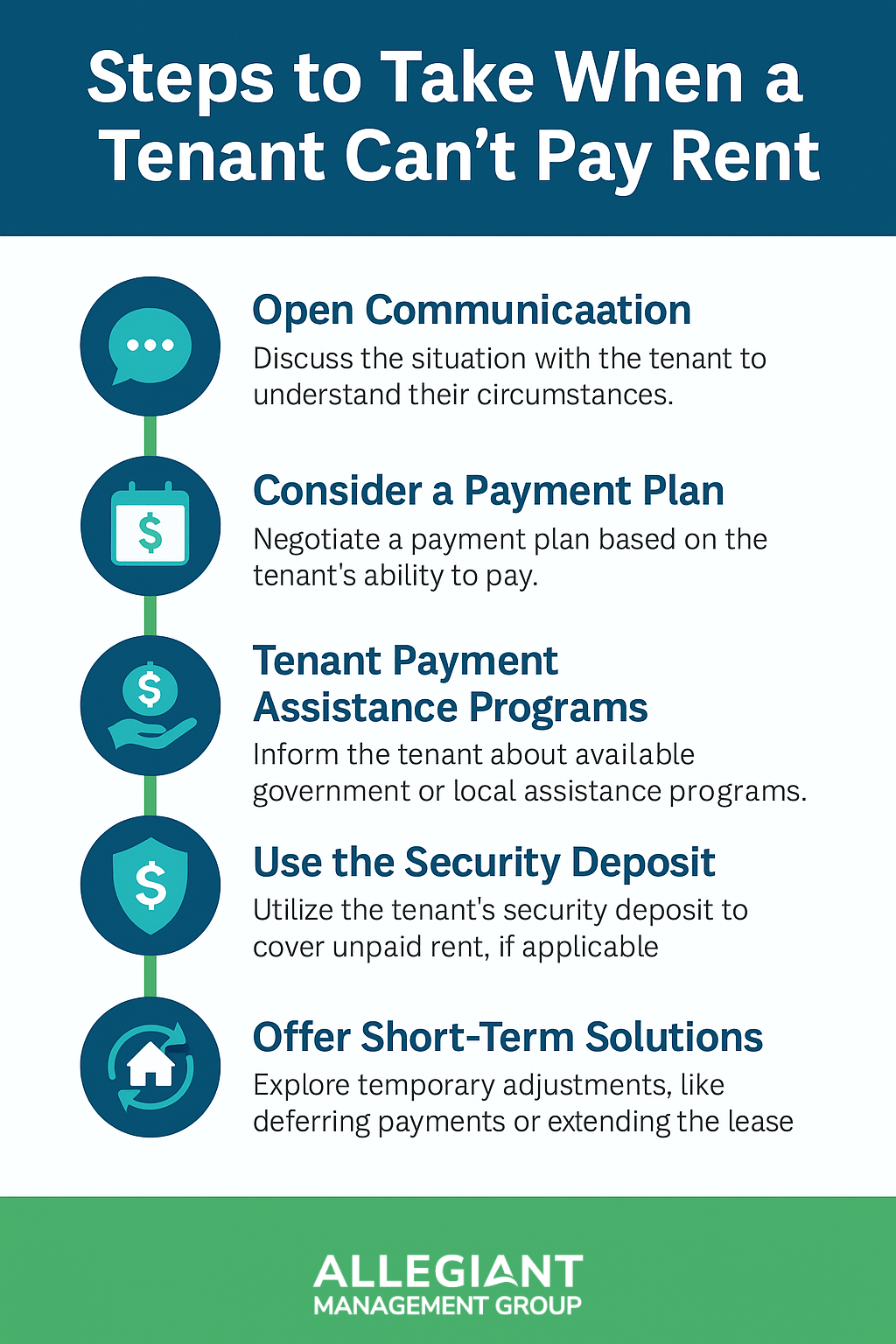
Legal Actions and Evictions
1. 3-Day Notice
After a grace period, if the tenant cannot pay rent, landlords must give a 3-day notice. This notice allows the tenant three business days to pay or move out.
2. Filing for Eviction
If the tenant does not comply with the 3-day notice, landlords may file for eviction in court. A judge can grant an eviction order, enabling landlords to reclaim the property.
3. Considerations Before Eviction
Evictions can be expensive and stressful for all parties. Giving tenants choices, like a 15-day notice or temporary rent changes. This can help solve problems without having to evict a tenant through the courts.
Preventative Measures to Avoid Rent Payment Issues & Collect On Time Payments
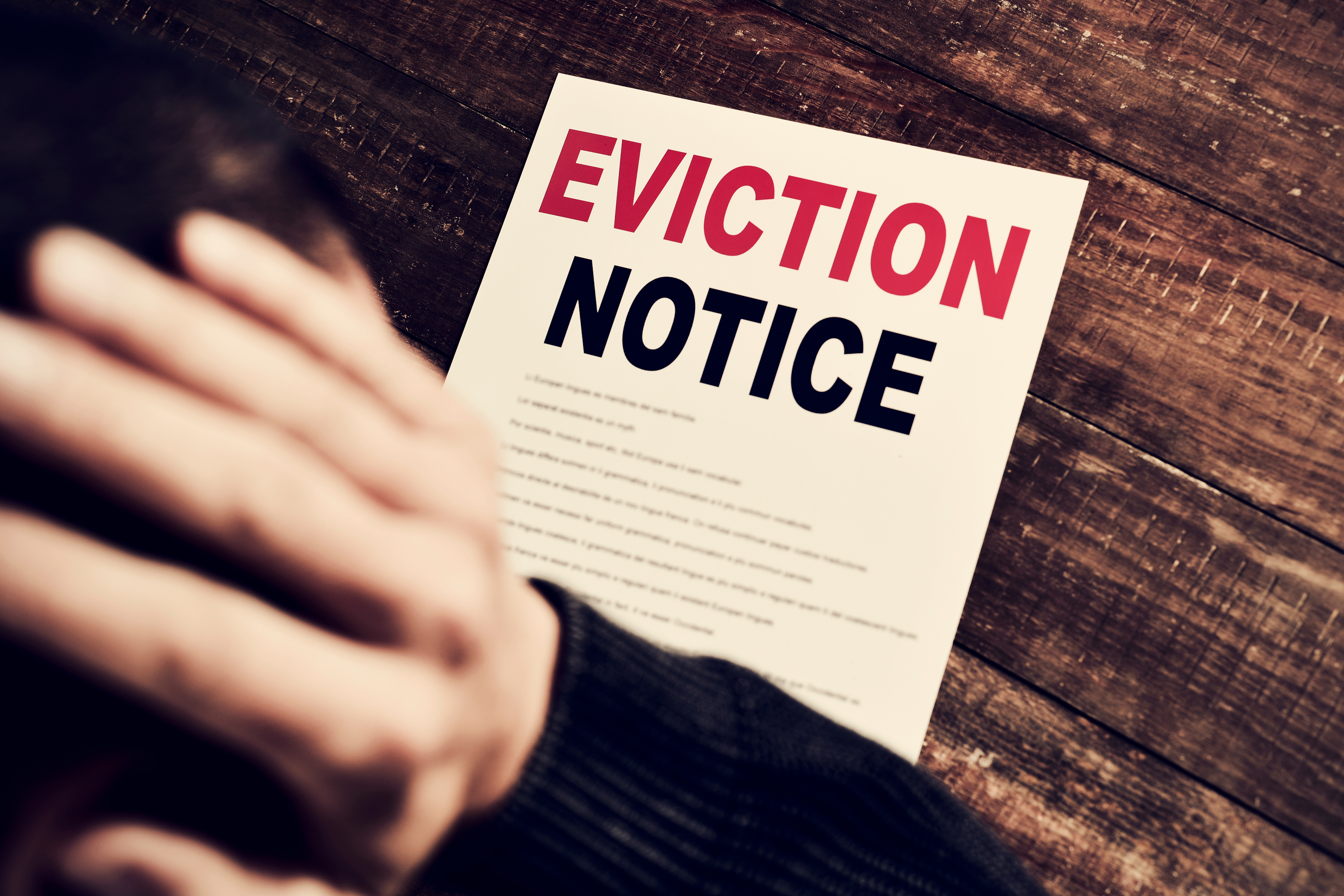
1. Thorough Tenant Screening
Screening tenants can prevent future issues. Verify their credit history, credit score, income, and rental history to ensure they can meet rent obligations.
Reliable payment methods, like auto-drafts or credit card payments, can also help ensure timely rent payments.
2. Clear Lease Agreements
A clear lease agreement for your rental property sets expectations. It covers monthly rent due dates, late fees, and rent increases. It also states who is responsible for utility bills and the consequences of not following the rules.
A clear lease agreement for your rental property sets expectations. It covers monthly rent due dates, late fees, and rent increases. It also states who is responsible for utility bills and the consequences of non-payment. Such as, a late payment penalty clause.
3. Encourage Early Communication
Encourage tenants to notify you early if they anticipate financial difficulties. This can help you find solutions like rent assistance before your rent is overdue.
This way, you can avoid eviction and the additional costs that come with it.
Tips for Tenants Unable to Pay Rent in Florida

If you can’t pay rent in Florida, it’s important to act fast and communicate effectively with your landlord. Talk openly with your landlord or property management company.
What to Do If You Can't Pay Rent On Time
Contact Your Landlord Immediately
- Notify your landlord as soon as you realize you may not be able to pay rent. Open and honest communication can lead to solutions, such as a payment plan or temporary deferment.
Review Your Lease Agreement
- Carefully read your lease to understand late payment policies, potential fees, and your rights and responsibilities.
Seek Assistance
- Explore local resources, including housing assistance programs, nonprofits, and government agencies, that may offer financial aid or rental support.
Document Everything
- Keep a written record of your communication with your landlord and any agreements you reach. This documentation can be invaluable in protecting your rights.
Plan for the Future
Use this experience to build a financial buffer, like an emergency fund. This will help you manage unexpected expenses in the future.
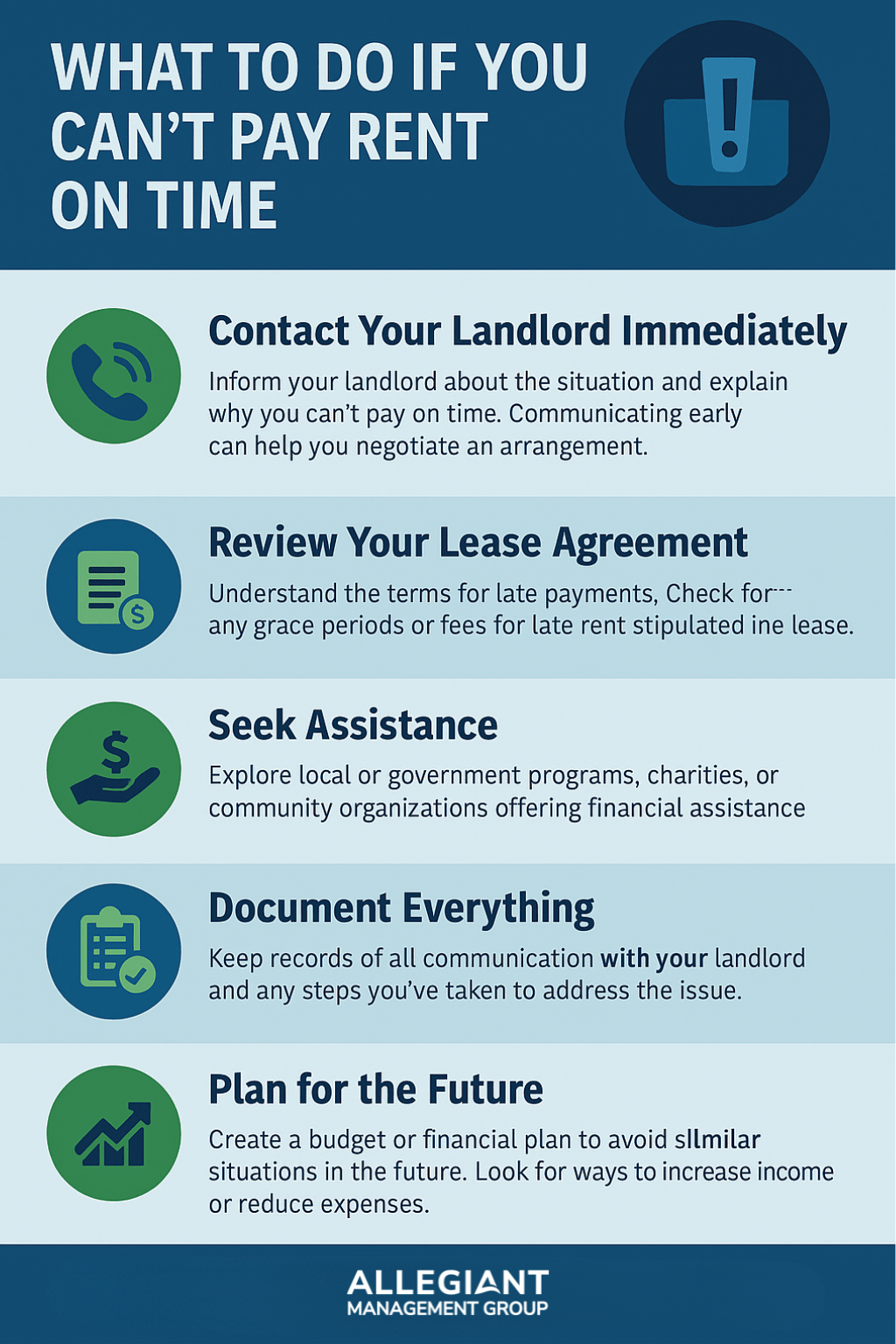
What Happens If You Pay Rent Late?
Paying rent late can lead to serious consequences. Most leases include the ability to charge late fees, which is typically a set dollar amount or a percentage of the rent.
In Florida, landlords can start eviction proceedings if rent is more than three days late. They must first serve a 3-Day Notice to Pay or Vacate. Repeated late payments can also damage your rental history, making it harder to rent in the future. Landlords can report non-payments to credit bureaus.
How to Talk to Your Tenant About Late Rent
Stay Professional: Reach out promptly and respectfully.
“Hi [Tenant Name], I noticed rent hasn’t been received—just checking in.”
Listen First: Give them a chance to explain before jumping to conclusions.
Remind Them: Briefly go over lease terms, due dates, and any late fees.
Offer Solutions: If possible, discuss a short-term payment plan or available resources.
Follow Up in Writing: Summarize the conversation to keep clear records.
Being calm and direct helps resolve the issue while maintaining a positive relationship.
How to Talk to Your Landlord About Late Rent
If you’re unable to pay rent on time, communication is key. Here’s how to handle the conversation:
Reach Out Early: Don’t wait. Let your landlord know before the rent is due.
Be Honest and Brief: Explain your situation clearly and professionally.
“I’m facing a short-term financial issue and won’t be able to pay rent on time. I expect to pay by [date].”
Propose a Plan: Offer a partial payment or suggest a payment plan.
Get It in Writing: Confirm any agreement by email or text.
Stick to the Plan: Follow through on your promise—or communicate if anything changes.
Most landlords appreciate honesty and effort. A respectful approach can go a long way.
Additional Resources
- Florida Housing Finance Corporation (FHFC)
- Emergency Rental Assistance Program (ERAP)
- Community Action Agencies
- Legal Aid Services
How We Can Help With Non Payment of Rent Issues
In Florida, dealing with tenants who cannot pay rent needs knowledge of local laws and a caring approach.
Steps like setting up a payment plan can help landlords. Giving proper notice is also important. Using local help programs can provide support. Clear lease agreements can prevent issues down the line.
For ongoing assistance collecting rent, Allegiant Management Group offers property management services to streamline long term rental operations. Contact us to learn more.
Video: Steps For When Your Tenant Can't Make Their Rent Payment
Frequently Asked Questions (FAQs) - My Tenant is Unable to Pay Rent & What Happens if My Tenant Can't Pay Rent Late?
What should I do if my tenant can’t pay rent?
Communicate with the tenant to confirm the issue. Offer a payment plan or temporary rent reduction if possible. Document all agreements in writing.
Is there a rent grace period in Florida?
Florida law does not require a rent grace period. Rent is due on the agreed-upon date in the lease. If unpaid, landlords can issue a three-day notice to pay or vacate, excluding weekends and legal holidays. Lease terms may include a voluntary grace period
Can I use the security deposit to cover unpaid rent?
Yes, landlords can use the security deposit to cover unpaid rent if allowed by the lease. Florida law requires providing written notice of deductions within 30 days after the tenant moves out. Always document charges and comply with state deposit return timelines.
How does the eviction process start?
The eviction process begins with a written notice to the tenant. This is often a three-day notice to pay rent or leave. If the tenant doesn’t comply, the landlord files an eviction lawsuit in court. The law requires proper service and documentation.
What happens if you can't pay rent?
If you can’t pay rent, your landlord may issue a notice to pay or vacate. Continued nonpayment can lead to eviction. You may face credit damage and difficulty renting in the future. Seek assistance immediately to avoid legal action or displacement.
What are the consequences of paying rent late?
Paying rent late can trigger late fees, lease violations, or eviction notices. Repeated late payments may affect rental history and credit reports. Landlords may refuse to renew your lease or deny future rental applications based on poor payment records.
If i can't pay rent what happens?
If you can’t pay rent, your landlord may issue a notice to pay or vacate. Ignoring it can lead to eviction, legal fees, and credit damage. Seek rental assistance or negotiate a payment plan to avoid displacement or court action.
How do you tell your landlord you will be late on rent?
Tell your landlord you’ll be late on rent by contacting them immediately. State the reason, the date you expect to pay, and ask for a written confirmation. Be honest, polite, and proactive about future payment plans or potential fees. Written notice by email or letter is best.
Disclaimer: This information is for general information purposes only and is not legal advice. For specific legal guidance, consult a qualified attorney. This content does not establish an attorney-client relationship.


